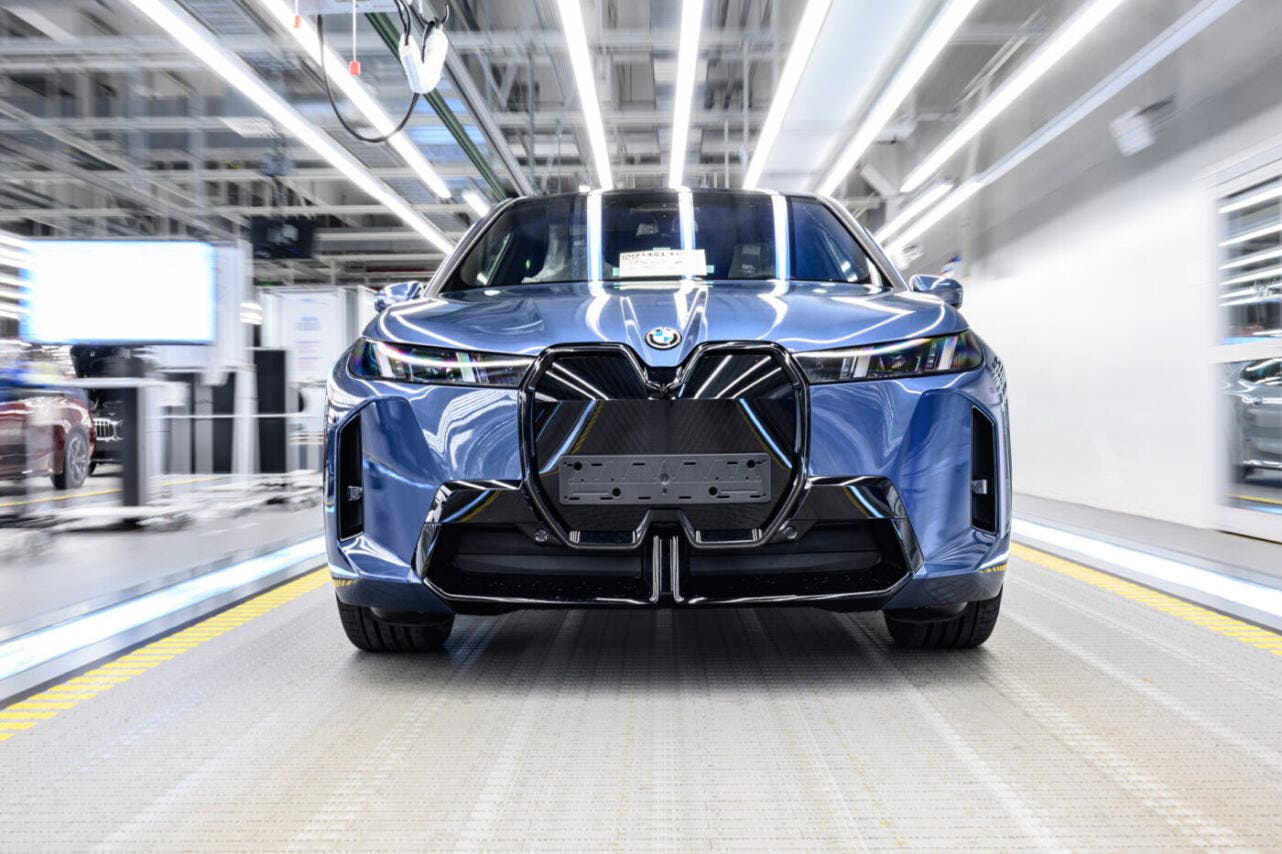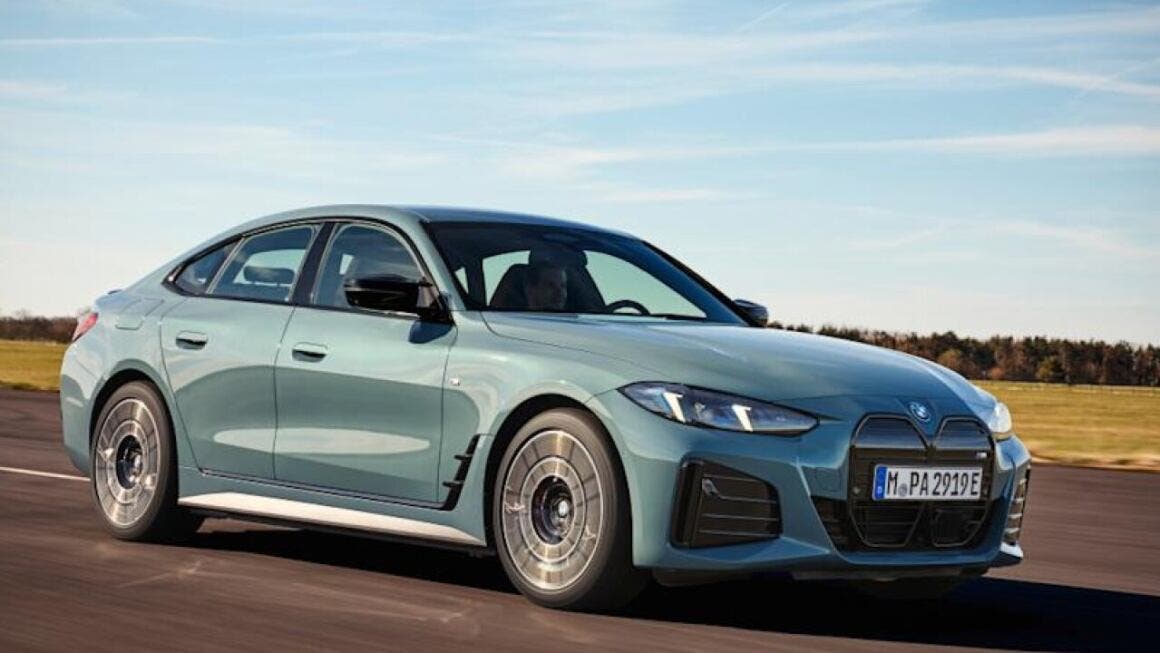BMW i Ventures has officially announced that it co-led an $11 million seed funding round in Estes Energy Solutions, a California-based materials and manufacturing company aiming to revolutionize battery technology for electric vehicles.
Thanks to this funding, Estes now has over $20 million to finalize the development of its chemistry-agnostic battery pack platform and establish domestic production capacity. The funding round also included investors like Fortescue Ventures, New Systems Ventures, and DCVC, an early backer of Estes. Other participants include Baukunst, Rally Cap Ventures, Gigascale Capital, and Clocktower Ventures.

Estes’ innovative mission is to provide modular, scalable, and affordable battery packs, offered in two sizes ranging from 28 kWh up to 276 kWh. These packs will use sodium, iron, nickel, and other advanced chemical compounds, with pricing starting at $150 per kWh and energy densities of 230 Wh/kg and 400 Wh/l.
The concept is simple: give transportation companies the ability to customize battery pack configurations according to their budget and range needs. Headquartered in San Francisco, Estes emphasizes domestic manufacturing and sourcing as a key strength, especially relevant given upcoming tariff policies.
“What sets Estes apart isn’t just their technology, but also their people”, says Baris Guzel, Partner at BMW i Ventures. “This is a team with hands-on experience building robust, high-density battery systems designed with real-world safety and scalability in mind”.

Beyond automotive applications, Estes plans to bring its technology to rail, maritime, aerospace, and other off-highway sectors, broadening its market potential. For BMW, this investment is less about directly integrating Estes packs into its vehicles and more about a strategic move to strengthen its supply chain.
Mass production is expected to begin in Q4 2025. Amid global tariffs and supply chain challenges slowing down the EV transition, BMW’s investment in Estes is a smart bet on building a national supply chain to reduce reliance on imports and boost industrial resilience.
